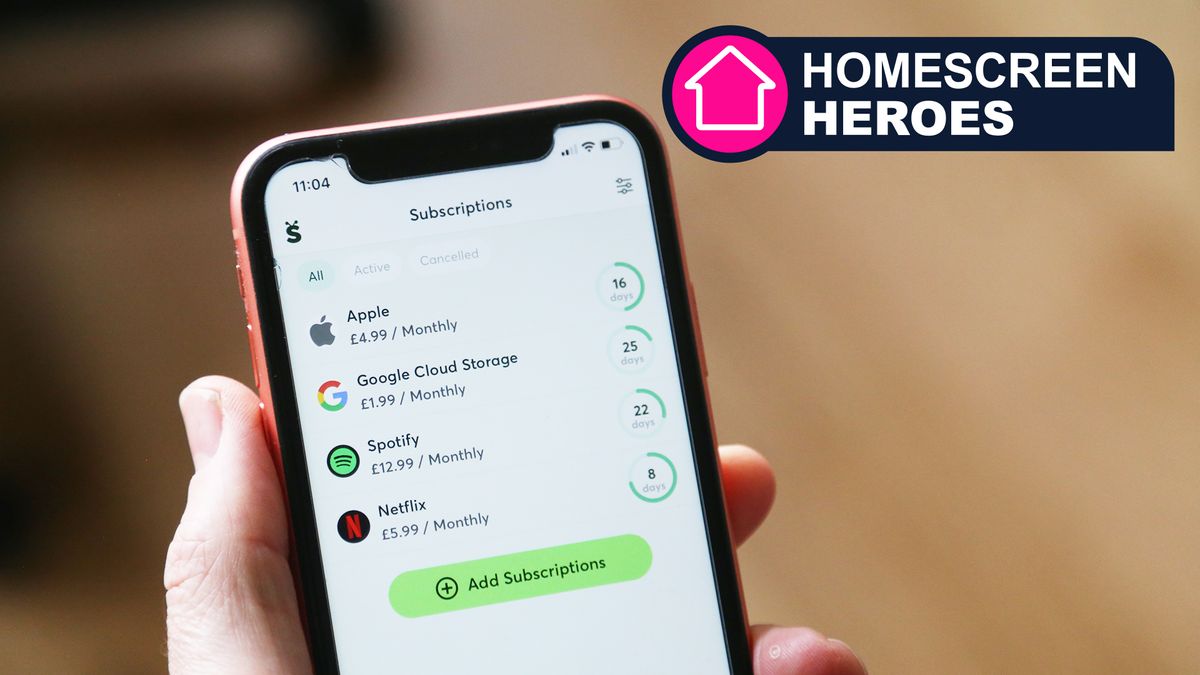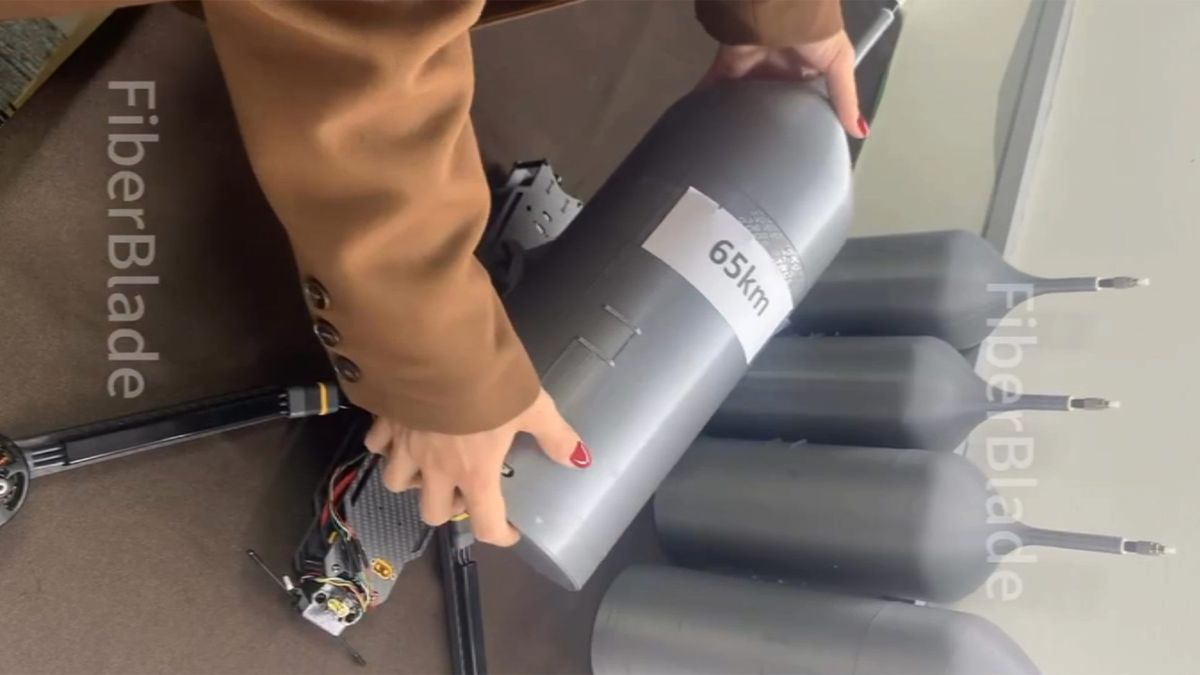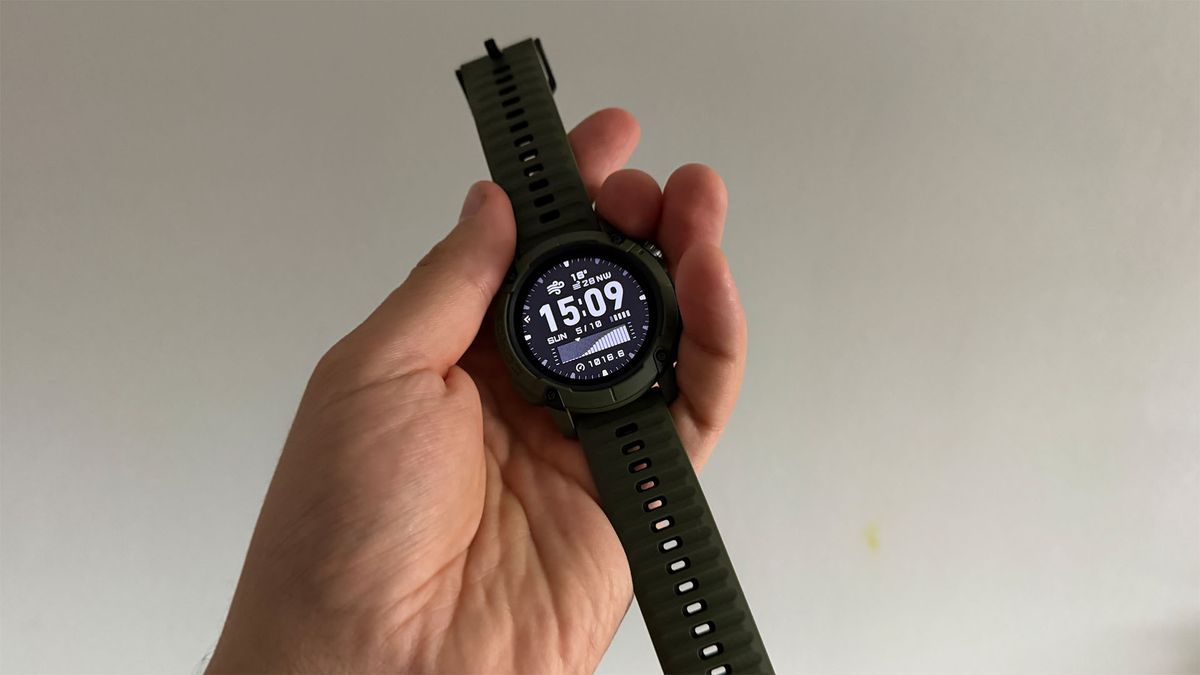Leviathan, the latest collaboration between Beastars‘ Studio Orange and Star Wars: Visions producer Qubic Pictures, marks Netflix’s entry—alongside Crunchyroll—into the realm of Western novel-to-anime adaptations, echoing a path carved by the Answer Studio’s Anne Shirley. Based on Scott Westerfeld and Keith Thompson’s 2009 steampunk alternate history of World War I (featuring mechs and living animal airships), the anime aims to go beyond a copy-paste replication of its source material. With the original creators actively involved in its production, Qubic and Orange endeavored to create an adaptation that evolves into a culturally rich, visually stunning reimagining for both old and new audiences of its fantastical story.
io9 spoke with Yoshihiro Watanabe, the producer from Studio Orange, along with Justin Leach and Kat Minett from Qubic Pictures about how their collaboration to adapt Westerfeld’s novel into an anime came about, the technical and artistic breakthroughs and challenges they faced in bringing the 3DCG anime to life, and whether there are plans for further projects in the world of Leviathan.
Isaiah Colbert, io9: What drew Qubic Pictures and Studio Orange to adapt Leviathan’s Western steampunk work into Japanese animation?
Justin Leach: We were captivated by Scott Westerfeld’s vivid world-building and Keith Thompson’s intricate visual storytelling. Leviathan uniquely blends steampunk machinery with organic biotechnology, resonating deeply with anime’s affinity for imaginative, detailed universes. The narrative’s exploration of cultural exchange and identity perfectly aligns with Qubic Pictures’ commitment to bridging Japanese and Western storytelling. For Studio Orange, known for pioneering cutting-edge 3D animation, Leviathan offered an exciting opportunity to showcase their distinctive visual style through the dynamic interplay of mechanical and organic aesthetics.
Yoshihiro Watanabe: We were looking for the next project after Trigun Stampede at the time we were just releasing the first season of Beastars. Leviathan had wonderful and strong attractive characters that works best and also challenge new things with our storytelling and animation principles.
 Netflix/Studio Orange
Netflix/Studio Orangeio9: Last time Qubic spoke with io9, CEO Justin Leach mentioned that the teams collaborated with Scott Westerfeld and Keith Thompson on the show. What kind of input and suggestions did they bring into the anime’s production to reimagine their world into the anime medium?
Leach: Scott and Keith were deeply involved from the outset, offering invaluable insights into maintaining the novel’s essence while adapting it into an anime format. Scott provided guidance on character depictions, narrative pacing, and character arcs to ensure emotional resonance within our adaptation. Keith’s detailed visual references, encyclopedic knowledge, and original designs helped Studio Orange faithfully translate the Clanker and Darwinist aesthetics into animation, providing a strong foundation from which the studio could expand creatively while remaining true to the source material.
Minett: We talked a lot with Scott and Keith in the early stages of production. They gave us a lot of advice regarding their initial inspirations and the research they did to make the books and illustrations. Scott gave us a lot of advice about the characterization and we talked a lot with Keith about the mecha and creature designs, such as what real-world elements he incorporated into designs like the Loris and the Huxley.
Watanabe: From the studio side, how Scott and Keith worked with us was very encouraging as a creative ensemble. They have much respect to other creatives, bringing the best things they can to the table at the same time, very observant and precise in conducting what defines the world and characters of Leviathan.
 © Studio Orange/Netflix
© Studio Orange/Netflixio9: Studio Orange is renowned for being one of, if not the best, animation production studios in terms of 3D animation. Leviathan features a mix of mechanical war machines and genetically engineered airships, giving the show a unique visual style compared to Orange’s previous works. How did Orange approach balancing organic and industrial aesthetics in the animation design?
Leach: Studio Orange aimed to create a sharp visual contrast between the Clanker and Darwinist worlds to highlight the distinct backgrounds of Alek and Sharp. For the Clankers’ mechanical contraptions, Orange employed advanced 3D modeling and rigging techniques, collaborating closely with a dedicated mecha designer to meticulously integrate detailed mechanical complexity that emphasized their rigid, industrial precision. The team also worked alongside a military historian, ensuring intricate details—from buttons to military uniforms—were accurately depicted.
Conversely, the Darwinist airships featured fluid, organic designs to underscore their biological and lifelike warmth. This deliberate juxtaposition between mechanical rigidity and organic fluidity not only heightened visual depth but also reinforced the narrative impact by vividly illustrating the contrasting worlds from which the characters originate.
io9: What were the most significant technical or artistic challenges the team faced in bringing any of the novel’s Darwinist vs. Clanker grandeur—be it the HMS Leviathan and its metal automatons or the expressive character actions of its cast—to life?
Leach: A significant challenge was capturing the immense scale and intricate detailing of the HMS Leviathan in relation to the characters onboard and the various enemies Leviathan confronts throughout the series. Studio Orange developed new animation workflows to seamlessly blend dynamic interactions with subtle and nuanced emotional performances. They created an innovative system allowing animators to rotate the camera around their characters, with faces automatically adjusting to maintain a visually correct 2D anime style appearance.
Artistically, portraying the grandeur of Leviathan‘s battles alongside intimate character-driven moments required balancing epic scale with personal narratives—an intricate yet deeply rewarding creative process.
 © Studio Orange/Netflix
© Studio Orange/Netflixio9: Can you discuss how the team secured the collaboration with Joe Hisaishi for the original songs for Leviathan? Did his role play a pivotal role in sonically shaping the tone of the series?
Leach: Collaborating with Joe Hisaishi was a dream scenario. Our team reached out early in the development process, drawn to his iconic compositions that blend emotional depth with grand thematic scales—perfect for Leviathan‘s rich narrative tapestry. We wanted to create a timeless, classic, and epic adventure and felt his music could serve as a vital element of the story. Joe enthusiastically embraced the vision, crafting original music that significantly shaped the series’ emotional identity. His involvement was transformative, adding layers of emotional resonance that elevated pivotal scenes and the overall storytelling experience. Additionally, our composers, Nobuko Toda and Kazuma Jinnouchi, created their own unique, powerful, and cinematic orchestral score for the show, paying tribute to and incorporating themes created by Joe Hisaishi.
Minett: The songs from Joe Hisaishi were made quite early on as they are performed by the characters within the show, so we needed to make the animation around them. From the start, the director wanted music to be a key part of the show, and the songs were windows into the characters’ emotions.
The music Hisaishi made fulfilled this purpose and more—setting the tone for the series. One thing in particular we wanted to achieve was to have the songs sound like they had existed for a long time as folksongs from their various cultures. We made sure period instruments and motifs were used in the creation of the songs to further enhance this point.
Watanabe: Qubic brought the opportunity to work with the master, Joe Hisaishi. The music played a core element of the show’s concept. In the first discussion of the music, I brought the idea of music that connects us, the one music that becomes our common language, that no matter where or who we are, it resonates with us. There is that one song, that is so influential, it makes way into every culture it crosses paths with. At times its tone and tune may change a bit so that we may not realize at first, but it connects us all. I believe that anime, animation, and music can become our common language for that moment that can connect all of us.
 © Studio Orange/Netflix
© Studio Orange/Netflixio9: Were there any scenes or character moments that proved rewarding to adapt from the novels?
Leach: Adapting the evolving relationship between protagonists Sharp and Alek proved especially rewarding. Their journey—from cautious strangers from conflicting nations to allies discovering shared humanity—captured the emotional heart of Leviathan. Visually depicting key moments, such as their initial encounters aboard the airship and pivotal battles, allowed us to fully explore their growing camaraderie and individual growth, making those adaptations deeply satisfying for both Qubic Pictures and Studio Orange.
Minett: We wanted to keep the relationship between Alek and Sharp at the centre of the story, so their first meeting was an especially rewarding scene to work on. I also personally love all of the scenes with the Loris!
Watanabe: There are many moments from Alek and Sharp that I cherish, especially how they realize their differences, admit one another as is, and choose the paths they continue to walk forward. When the two first meet at the cold glaciers, how their emotion and movements represents each side of warm beating Clankers and cold hard steel Darwinists, as they interact, each begin to influence the best of the elements to the other, eventually adopting those as their own
Tesla’s character came as a bit surprise since in the novels I did not imagine him to be as lively and fun a character as we had animated to. Hiroki Tochi, the VA of Tesla, added a much vibrant character, and hearing this, our animators had fun animating such energy that we wanted to see and hear from Tesla.
 © Studio Orange/Netflix
© Studio Orange/Netflixio9: Should Leviathan resonate with viewers on Netflix, are there plans to adapt the rest of the trilogy into an anime series?
Leach: Our series actually covers all three books; however, the richness of the Leviathan universe and depth of the trilogy’s narrative are ripe for continued exploration. Should audiences respond positively—and early reactions have been encouraging—and we receive blessings from Netflix and Scott, we would be very open to creating further adventures in this fascinating world and deepening the character narratives introduced this season.
Minett: When we started working on this project, it was decided that we needed to adapt all of the trilogy in one series, so we approached the project with that in mind. However, if the reception is positive and our partners are willing, we would love to see how Sharp and Alek’s journey continues after the show ends— with more travel, more beasties and more mecha!
Watanabe: [I] would love to hear what the viewers say after they are done with the show.
 © Studio Orange/Netflix
© Studio Orange/Netflixio9: What do you hope audiences take away from Leviathan’s story, especially with its elements touching on global conflicts within nations and young people’s desire to be change makers?
Leach: At its core, Leviathan explores empathy, identity, and cross-cultural understanding. We hope audiences resonate with the journey of young characters learning to see beyond national identities, discovering shared values and common humanity amidst conflict. By highlighting youthful courage and the transformative potential of mutual understanding, we aim to inspire viewers to believe in their ability to influence positive change in a divided world.
Minett: Even the smallest actions can create waves of change.
Leviathan is streaming on Netflix.
Want more io9 news? Check out when to expect the latest Marvel, Star Wars, and Star Trek releases, what’s next for the DC Universe on film and TV, and everything you need to know about the future of Doctor Who.








 English (US) ·
English (US) ·